Three-day workshop at Nagoya Institute of Technology
The workshop was attended by a total of 40 participants, including PhD students, researchers and professors, with 22 participants from the Norwegian partners. Master’s students at Nagoya Institute of Technology also participated, increasing the total participants to about 70-80, and helped to organise the workshop.
The workshop topics covered the cold chain of seafood, including refrigeration, food quality, energy efficiency and thermal energy storage. A total of 41 presentations were held by professors, researchers, PhD and master students. Highlights included the four joint keynote lectures held by one representative from Japan and one from Norway, on the topics “Fish quality and shelf-life”, “Low-temperature stabilization of fish and fishery products”, “Energy and environmental aspects of fish chilling and freezing” and “Energy efficiency of phase transition material energy storage and magnetic fluid”.
The remaining part of the workshop was organised into two parallel sessions, which ended with group work and discussions in mixed groups on the topic: “What will the cold food chain look like in 2040?”. The results from each group were presented by the Nagoya master’s students at the end of the session.
Day 3 of the workshop was a combination of a technical visit and a cultural visit. The morning session consisted of a visit to the Aisin manufacturing plant, one of the largest manufacturers of automotive parts in Japan. The afternoon session featured a visit to the Tokugawaen Japanese garden and a museum. The trip then continued to Tokyo for the remainder of the visit.
A visit to FME HighEFF partner, Mayekawa
The refrigeration group from SINTEF and NTNU was invited to the Mayekawa manufacturing plant in Moriya, north of Tokyo. Mayekawa is a worldwide supplier of refrigeration systems and compressors with a long history of collaboration with SINTEF/NTNU. Mayekawa is also partner in FME HighEFF, where a HighEFF lab high-temperature heat pump with Mayekawa compressor is constructed and recently ready for testing. The visit included a tour around the various manufacturing divisions, followed by technical presentations from the Norwegian participants for the R&D department of Mayekawa during the afternoon. Several postdoc researchers and PhD students at NTNU received extensive training for compressor maintenance during the following week to service the lab compressors in the HighEFF lab.
The biotechnology and food science group visited the Tokyo University of Marine Science and Technology, and were given a tour around the laboratory infrastructure at the university.
About IntER-Cold (Interdisciplinary Education and Research Platform in Cold-Chain of Fish: From Norway to Japan)
IntER-Cold will establish an education and research platform for exchanging knowledge between researchers, students and industry from Norwegian and Japanese institutes for the seafood cold chain. The targets of the project IntER-Cold are to: establish (1) interdisciplinary seminars on cold chains, (2) guest lectures, (3) workshops, (4) training programmes, (5) research-related visits and internships, (6) joint supervision of master’s diploma thesis, and (7) joint publications on research results.
Partners are SINTEF Energy Research, NTNU Department of Energy and Process Engineering, NTNU Department of Biotechnology and Food Science, Doshisha University, Tokyo University of Marine Science and Technology and Nagoya Institute of Technology. The Norwegian Society of Refrigeration (NKF) and Japanese Society for Refrigerating and Air-conditioning Engineers (JSRAE) also participate in the project to promote the joint interests of manufacturers, suppliers and contractors of refrigeration equipment.
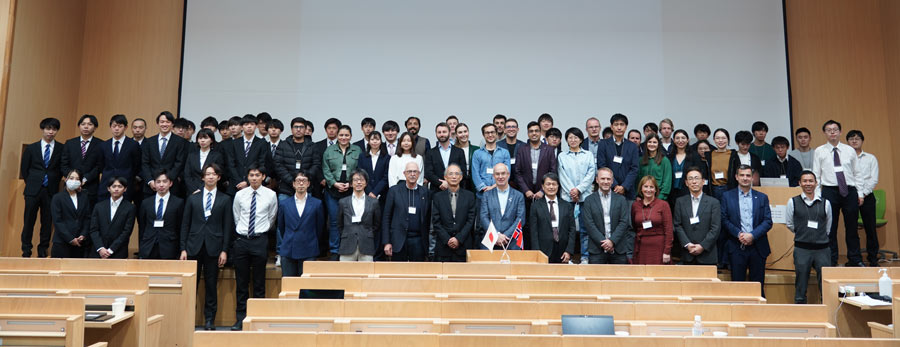

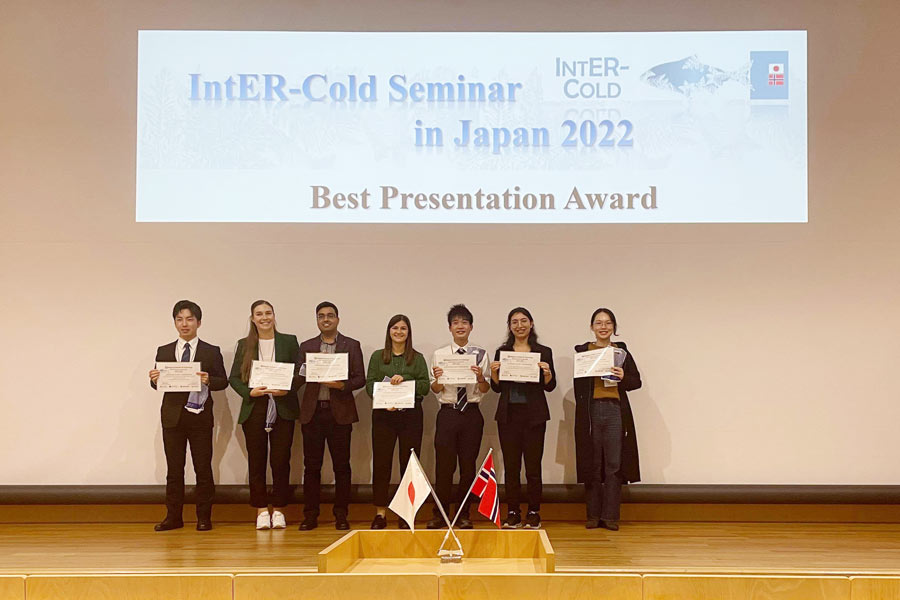



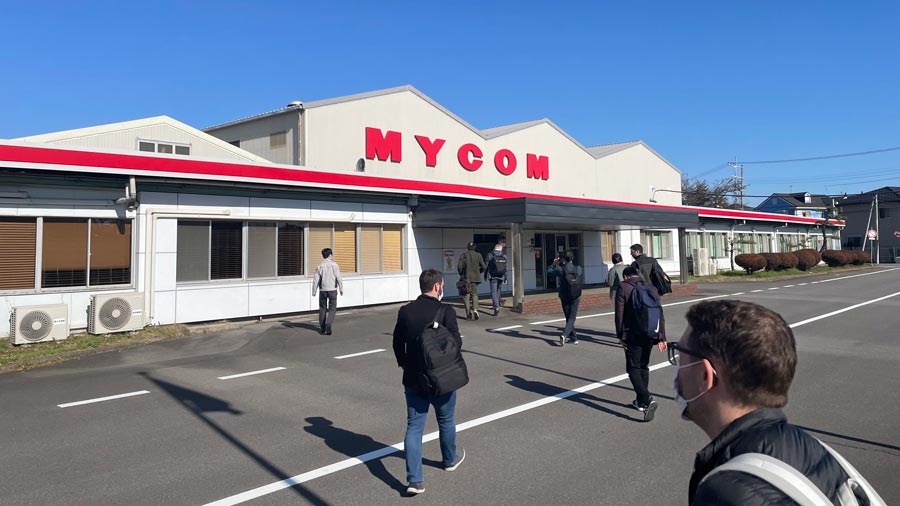




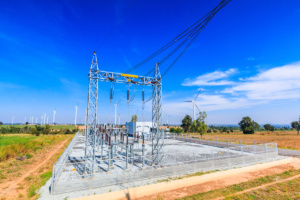

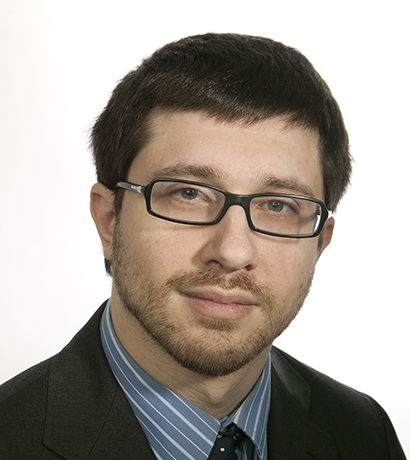
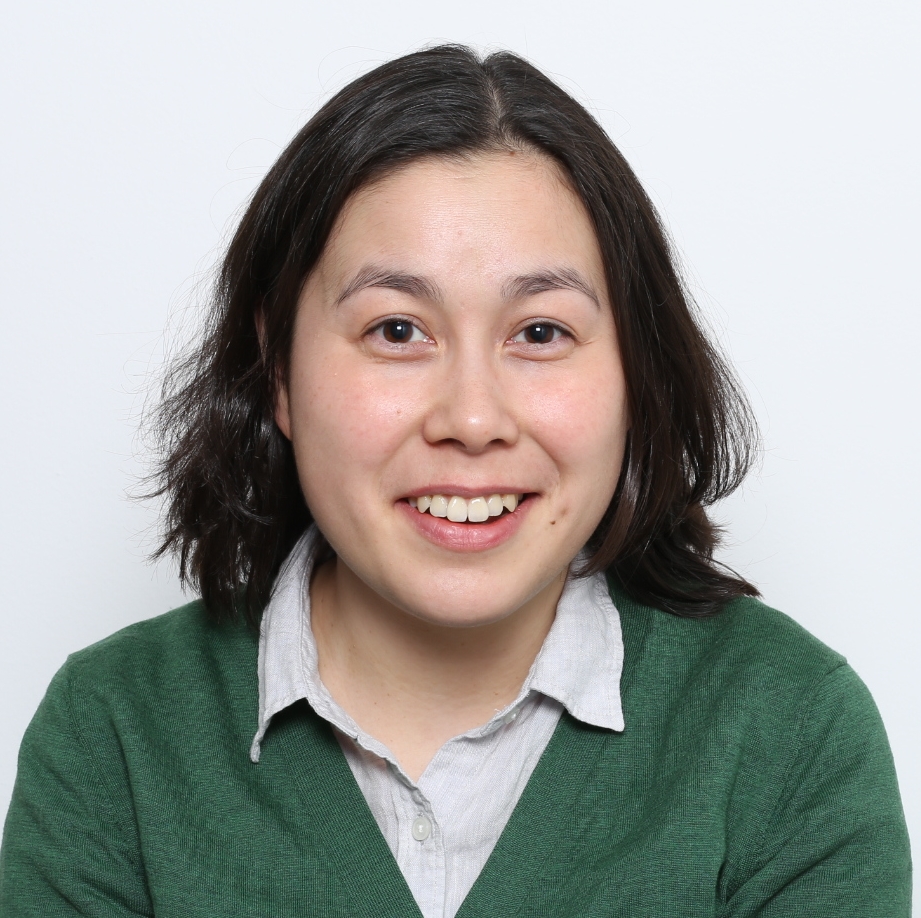
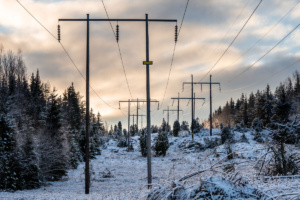
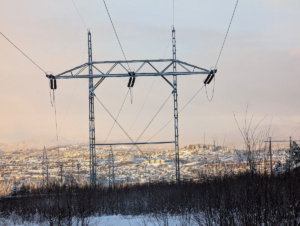
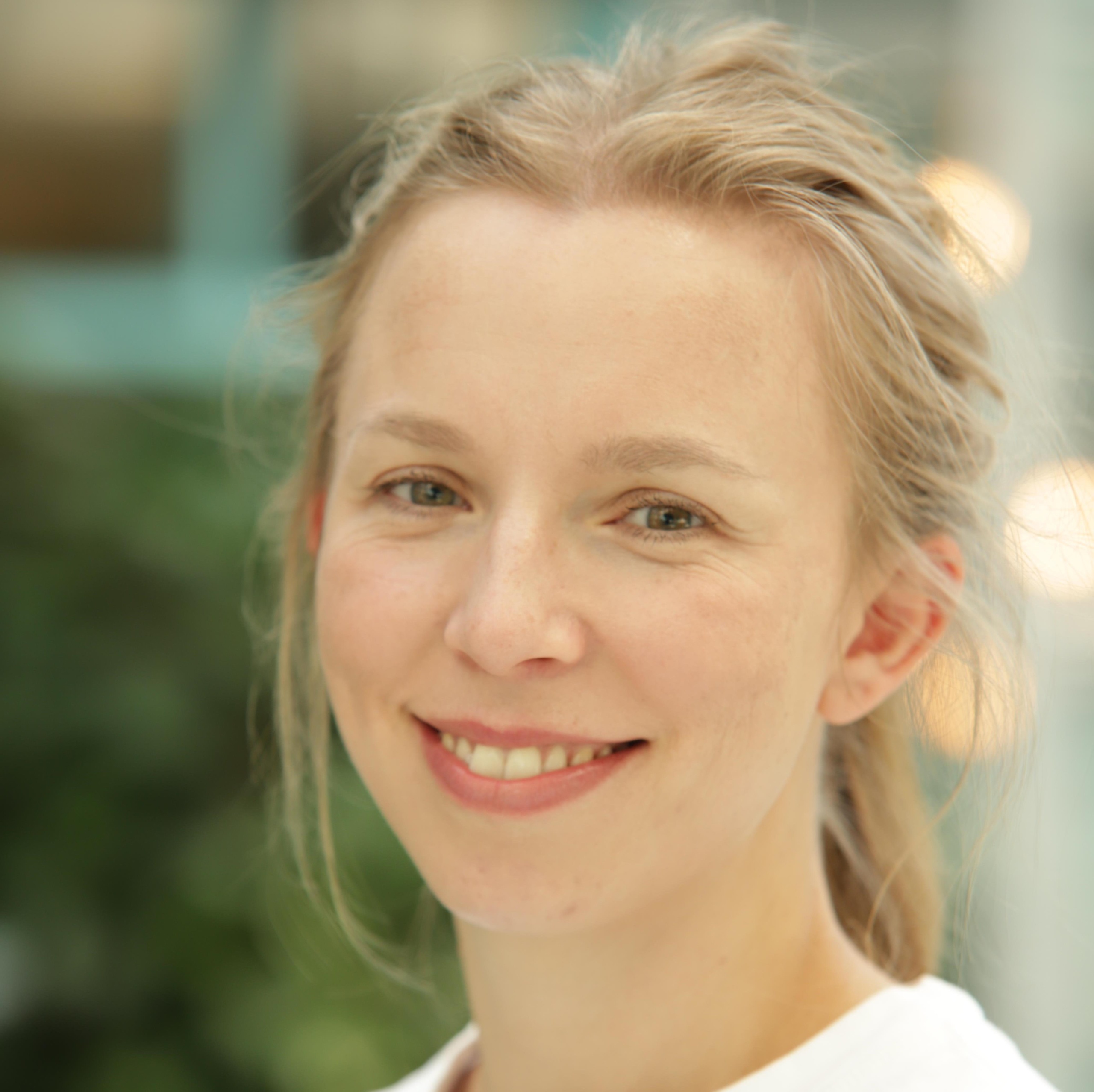
Comments
No comments yet. Be the first to comment!